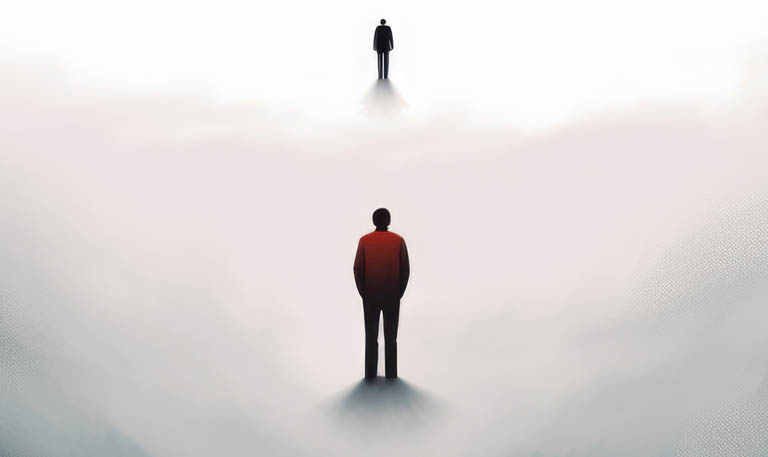The futility of trying to figure out what lies ahead.
By STEPHEN SINCLAIR
When I was nine or 10 years old my mother was ill and my father was having a hard time keeping our dairy farm going. It was a Saturday afternoon and I was alone in the barn doing chores.
As always, I had the barn radio turned to a station that broadcast music so I could have company while I worked. I didn’t really listen to the songs but rather used the sound to keep my fear and anxiety at bay. I remember I had just finished sweeping the walkway when I heard these lyrics being sung by a female singer: “Que sera, sera. Whatever will be will be. The future’s not ours to see. Que sera, sera.”
I don’t know why those words resonated so deeply with my pre-adolescent self, but I felt something change within me. It was as though she was singing directly to me, telling me not to let all the uncertainty about the future weigh me down. I didn’t have to be the one to try to fix what was happening with my family.
As I think about this sentiment now, I’m trying to figure out if the song is telling us there’s nothing we can do to change the future. Are our fates unalterable? Must we resign ourselves to being at the effect of forces over which we have little or no control?
In the Christian scriptures, in the book of Matthew, there are teachings referred to as the Sermon on the Mount. In it, the teacher goes on at length about the futility of trying to figure out what lies ahead: “… do not worry about your life, what you will eat or what you will drink, or about your body, what you will wear…do not worry about tomorrow for tomorrow will bring worries of its own. Today’s trouble is enough for today.”
The lesson isn’t to be lackadaisical about living and planning for tomorrow. The teaching is about what, in this religious context, is referred to as striving for the Kingdom of God. To put it in more universal terms, it means being so centered that one is not buffeted about by what is happening around one or in the world. In this calm state we will be directed to take those actions that will most benefit us, while also contributing to the greater good.
Similarly, in Yoga philosophy and Buddhism there is the concept of dharma. It is believed that there’s a preordained or correct way for each person to live their life. We all have a purpose or mission that is predetermined and it is imperative for us to live within this path. In the Bhagavad Gita it is taught that it is better to live one’s own dharma poorly than to do another’s well.
By living in the right way, we will find that we are on the path leading to self-realization and enlightenment.
Trust yourself. Listen to the voice within. And remember, “Que sera, sera.”
Stephen Sinclair holds a Master of Divinity from Meadville Lombard Theological School in Chicago and is an ordained Unitarian Universalist minister. He’s been a pastor and chaplain in a number of churches and hospitals in the U.S. and has worked with people experiencing homelessness. He lives on Capitol Hill in Seattle.


